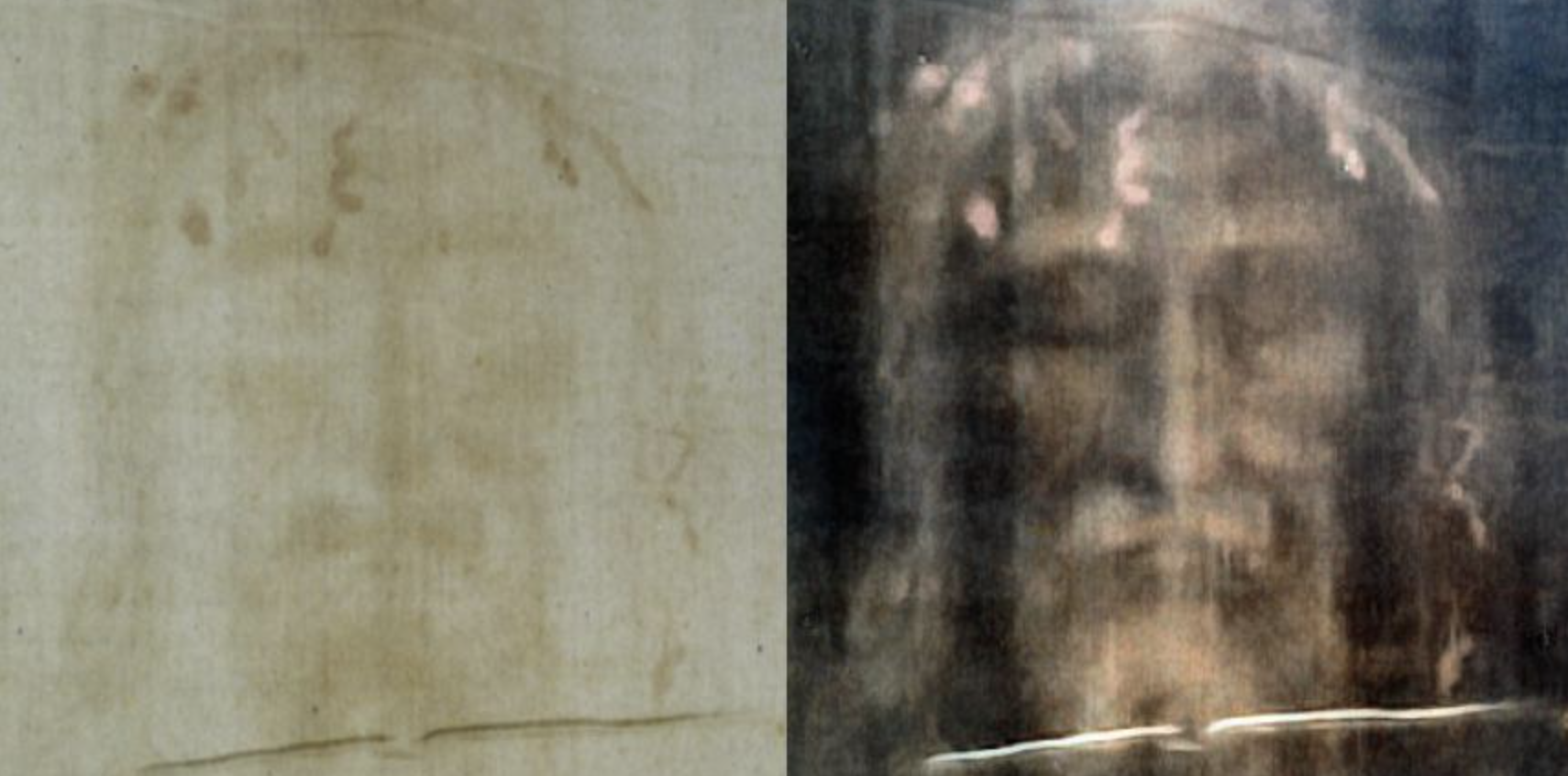The Shroud of Turin has been the center of a long-standing debate between religious devotees and the scientific community for nearly six centuries. Is it an elaborate hoax or an invaluable artifact? Here, we delve into five fascinating aspects of the shroud that may surprise you.
Unearthed in France
The Shroud of Turin emerged from obscurity in the 1350s when a knight brought it to the Dean of a small church in Lirey, France. The knight claimed it was Jesus Christ’s genuine burial shroud, but how he acquired it, over 1,300 years after Christ’s crucifixion remains a mystery.
During the Middle Ages, religious relics were highly sought after, giving rise to forgers who exploited the faithful. In 1389, the Lirey Church Dean acknowledged the shroud’s fraudulent nature in a letter to the Pope, leading the Vatican to declare it inauthentic.
The Role of Photography and Forensics
The first photograph of the shroud, taken in 1899, enabled global scrutiny of its authenticity. The photographic negative revealed finer details, previously obscured to the naked eye.
In the 1970s, the Shroud of Turin Research Project (STURP) was established to investigate the relic further. The Vatican granted the researchers access to the shroud in 1978, leading to tests that placed the shroud’s origin in the Middle Ages. In 1988, radiocarbon dating was conducted on the shroud again. Using three separate sources, a small sample of the shroud was tested and found to have a dating range of 1260-1390 with 95% accuracy.
A Masterful Deception
Regardless of its authenticity, the Shroud of Turin is an extraordinary work of art. Unlike other crude forgeries from the period, the shroud was crafted with such expertise that it convinced many people of its divine origin.
Guarded by Bulletproof Glass
Since 1578, the Shroud of Turin has been preserved at the Cathedral of Turin in Northern Italy. Encased in an airtight, bulletproof glass container, the shroud is protected from decay with temperature control and a mixture of argon and oxygen.
Embracing the Digital Age
The Shroud of Turin has stepped into the 21st century with live-streaming events, allowing people worldwide to admire the relic from their homes. Most recently, it was displayed online for those unable to make the pilgrimage.
📚📖 Make sure to join Ancient Library on Telegram, and become part of a unique group 👉🏻 https://t.me/theancientlibrary
If you want to help us out and support the page, you can buy us a coffee ( we really appreciate it) 👉🏻 https://www.buymeacoffee.com/ancientlibrary
I am the Librarian, and I, together with the guardians of the Ancient Library, curate content for this site. Welcome, and enjoy your stay.





